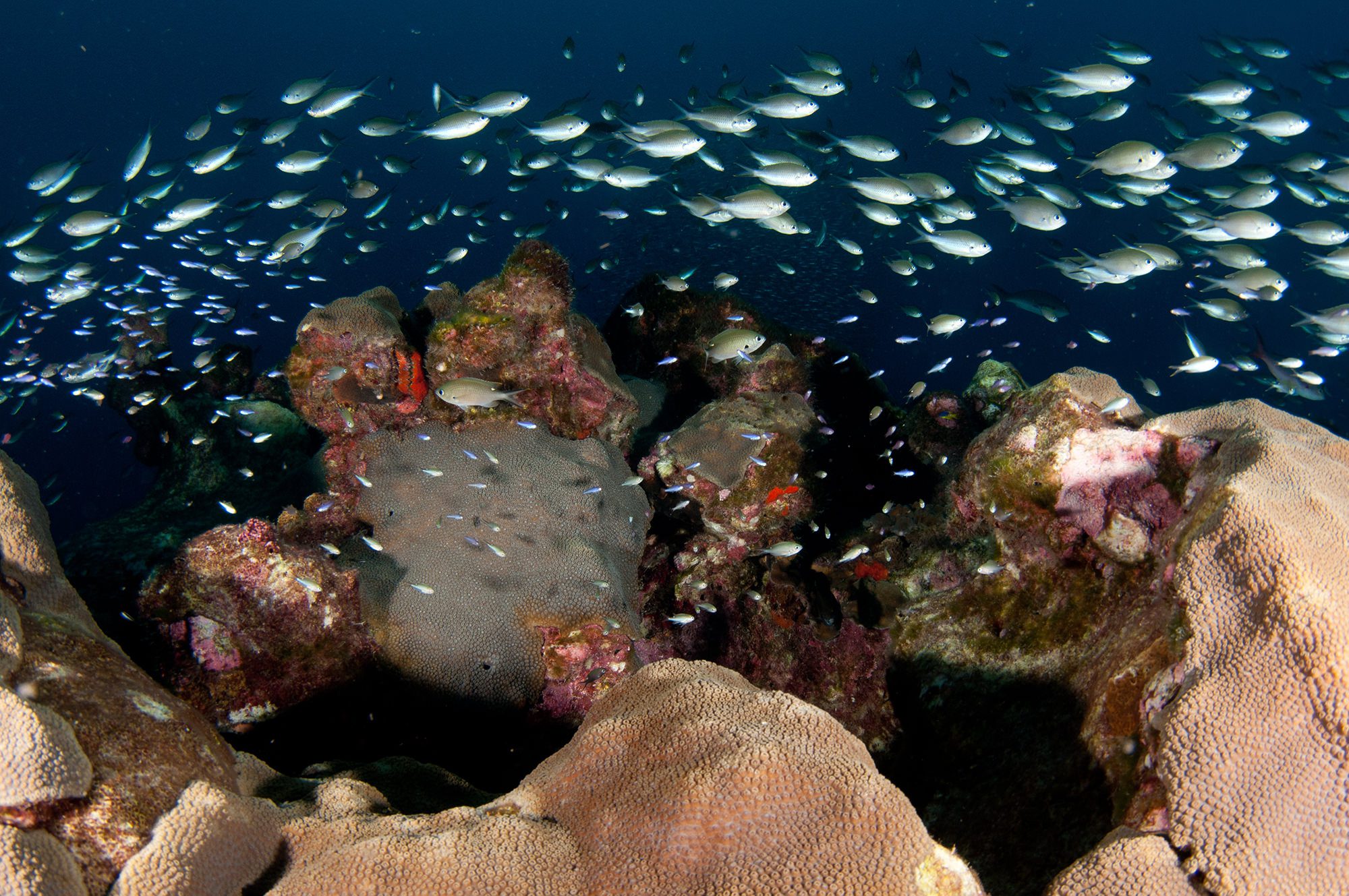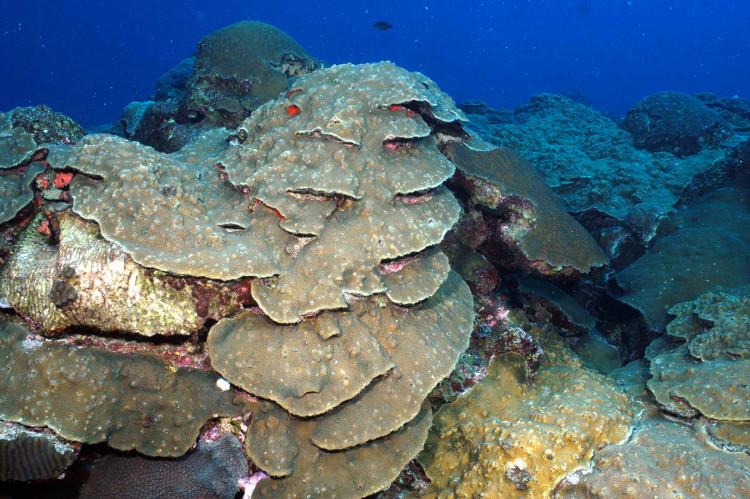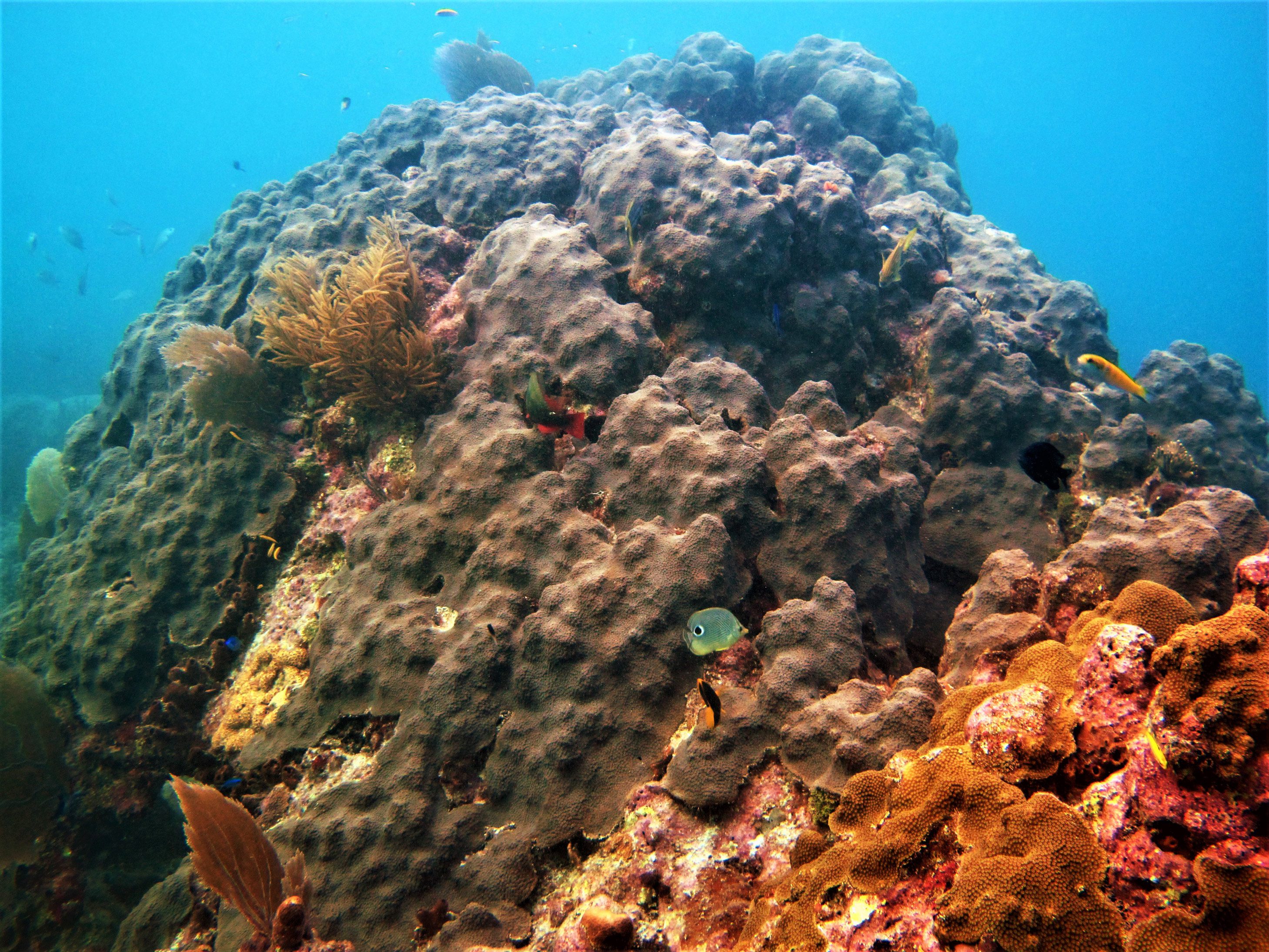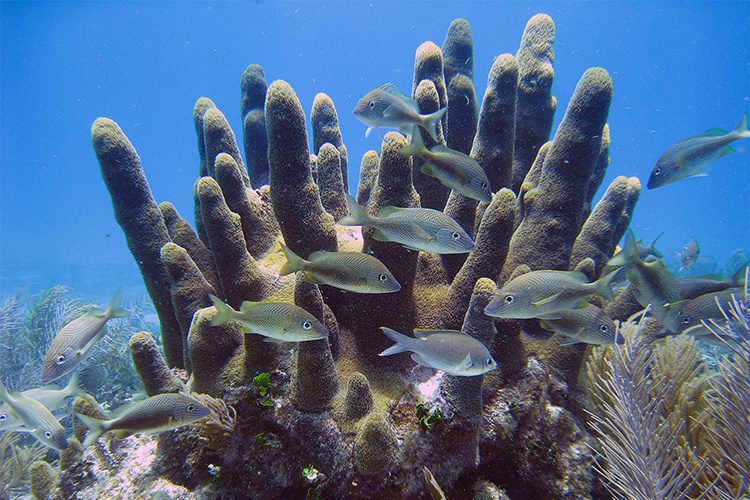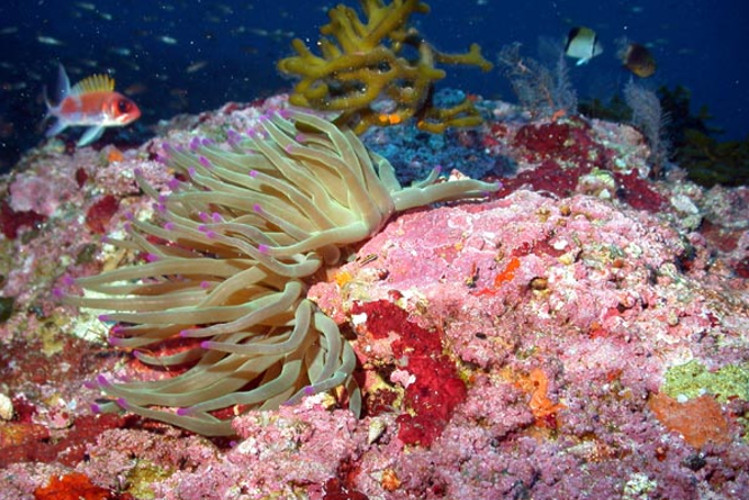NOAA Fisheries announces the final rule implementing Amendment 9 to the Fishery Management Plan for Coral and Coral Reef Resources in Gulf of Mexico U.S. waters (Amendment 9). The final rule will be effective November 16, 2020. The rule establishes 13 new habitat areas of particular concern with fishing regulations, designates 8 new areas without fishing… Continue Reading Final Rule Implementing Coral Amendment 9 in Gulf of Mexico
Featured
Featured
Causes of Coral Reef Decline
While corals have been resilient to changing oceans throughout time, oceans are changing at an unprecedented rate. Slow-growing corals may not be able to adapt quickly enough to survive so much variablity. This storyboard discusses factors that threated the health of our coral reefs. Launch site
Threatened Corals in the Gulf
Understanding what corals need to survive is crucial to protect and conserve them, particularly in this time of changing climate. Improved knowledge of coral life histories, vulnerabilities, and threats aids managers. Additionally, such information can help the Council provide feedback when asked to weigh in on research recommendations for areas, species, or fisheries. New information… Continue Reading Threatened Corals in the Gulf
Life History and Climate Change Impact to ESA-listed Corals
In September 2014, NOAA Fisheries published a federal register notice that listed seven coral species as threatened under the Endangered Species Act. Understanding life history and the effects of climate change on these species is crucial to protect them. This storyboard explores what life history means and why it’s important, how life history and climate… Continue Reading Life History and Climate Change Impact to ESA-listed Corals
Coral HAPC Explorer
The Gulf of Mexico Fishery Management Council is considering changes to current Habitat Area of Particular Concern (HAPC) designation based on new information that has identified additional sensitive areas supporting deep-water corals in the Gulf. This map allows you to explore coral data and locations of current and recommended HAPCs. We understand that spatial data… Continue Reading Coral HAPC Explorer

